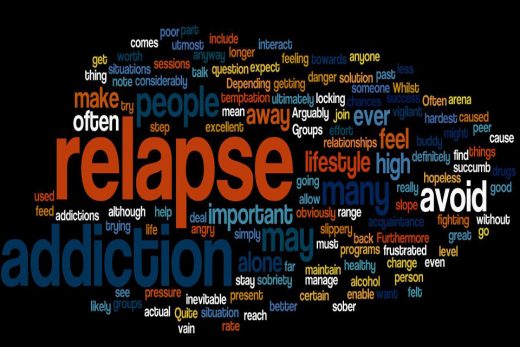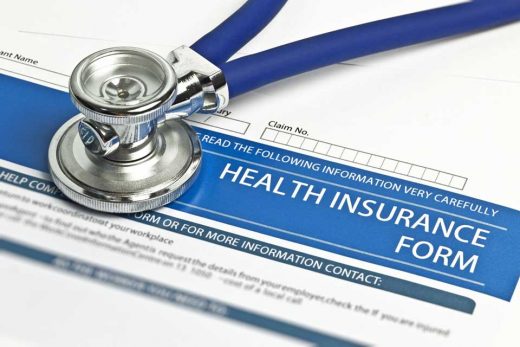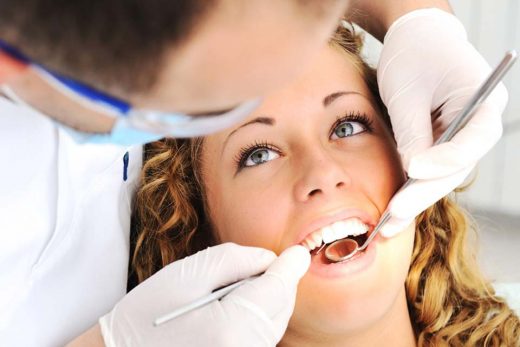Sickness or Health? Not an easy choice
You probably wonder what on earth I mean by the headline. Who would choose to be sick? Doesn’t everyone want to be healthy? Isn’t that an obvious choice? Well, on first take, yes, but if we look at how society sets things up, we might do a double take.
Let’s start with childhood. You have to go to school, no matter what. If you ever have a day where you just really don’t feel like going, that is not a good enough reason, and you have to go. Except if you’re sick. Ah, then everything changes. You get to stay home in bed, or wherever, and watch TV all day. Your mom or dad might even stay home with you, and bring you books or games or special yummy foods. Your sickness is rewarded, you get extra attention and cuddles, and you don’t have to do what you don’t want to do that day.
When you grow up, it’s not so easy. But you can have a nice job, good pay, and good benefits. Among your benefits are sick days. You get sick, seek medical advice, you get to stay home, and you get paid anyway. What a deal! Who wouldn’t want to get sick once in a while? Fortunately, if you did that every day you’d get bored, so work is then a welcome entertainment. But you’re going to make sure you get to take every single sick day you’re entitled to. Otherwise, you’re losing money, no? So here is another very common way in which sickness is rewarded.














